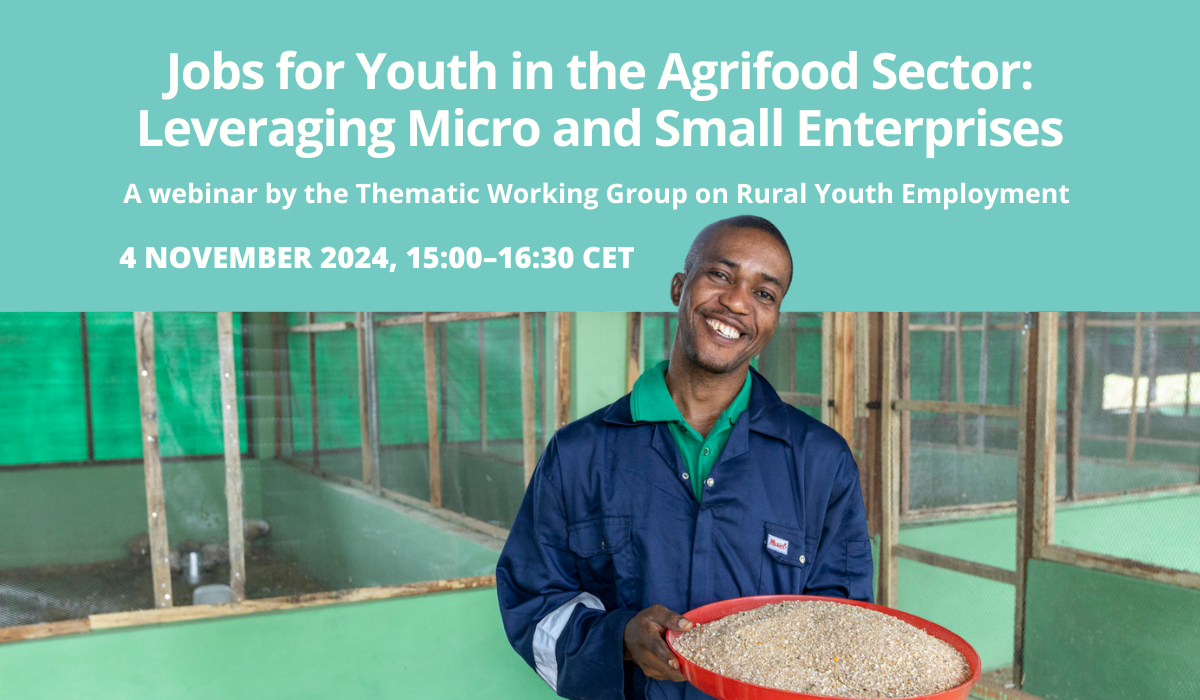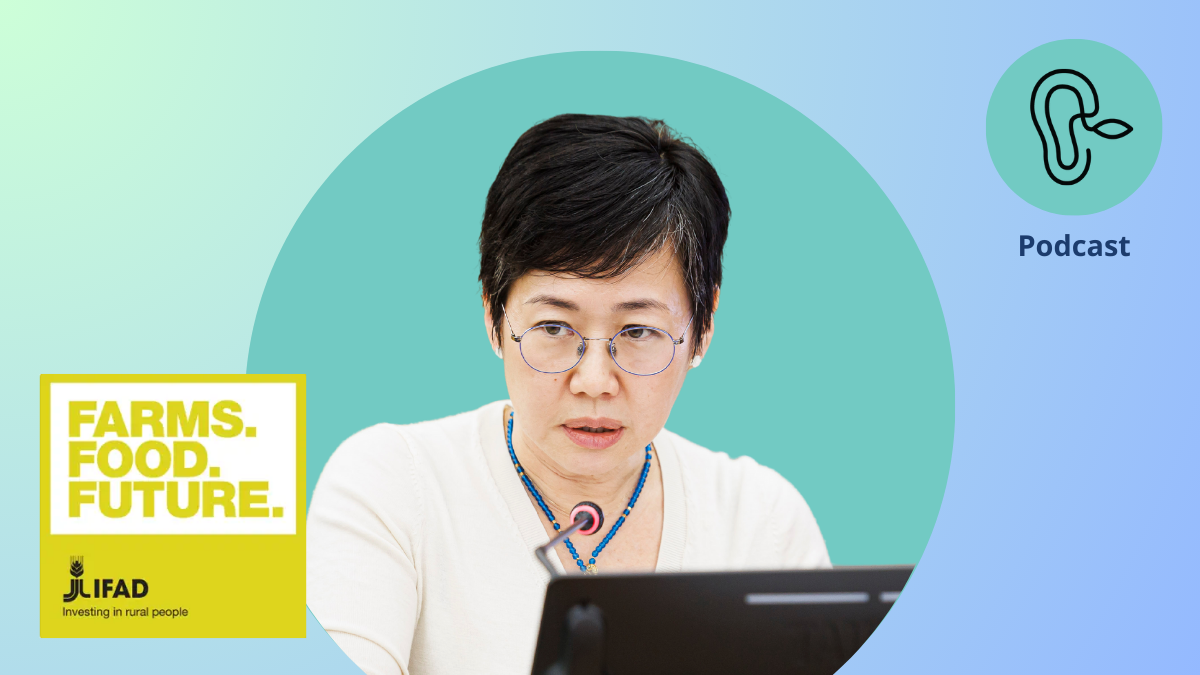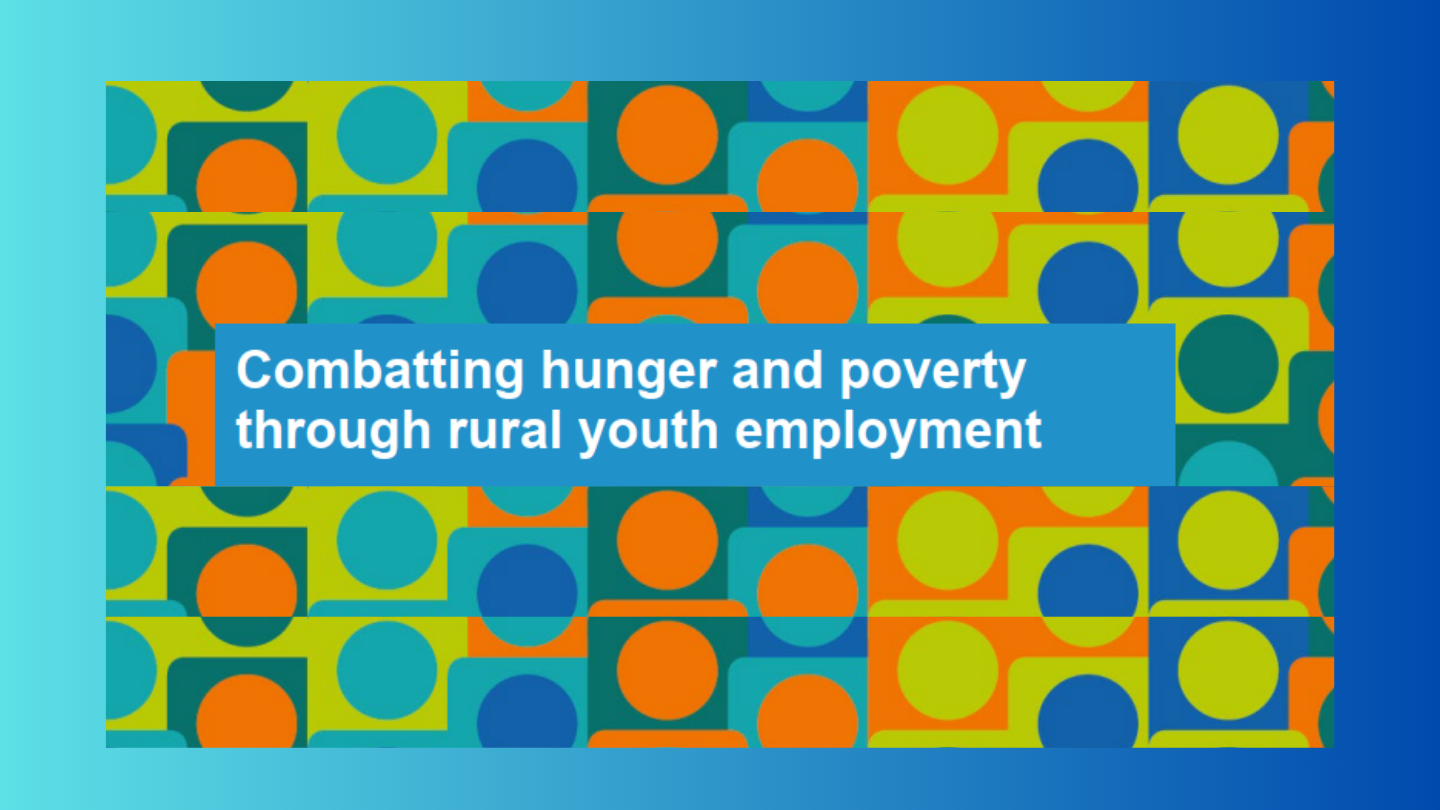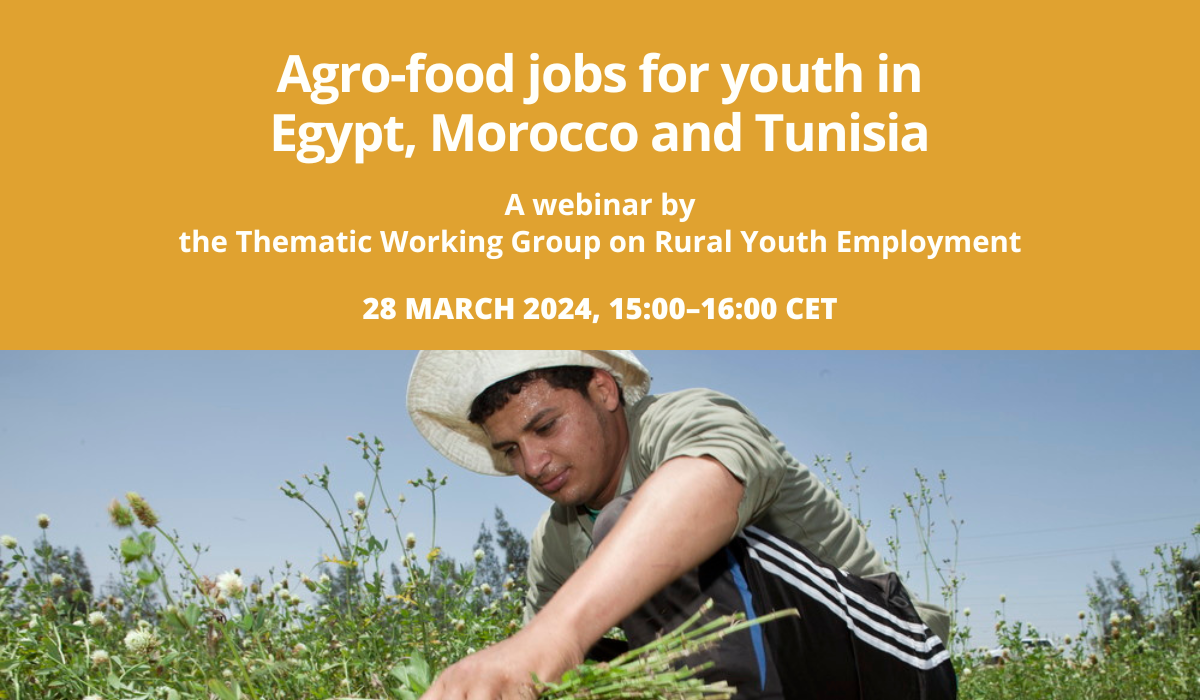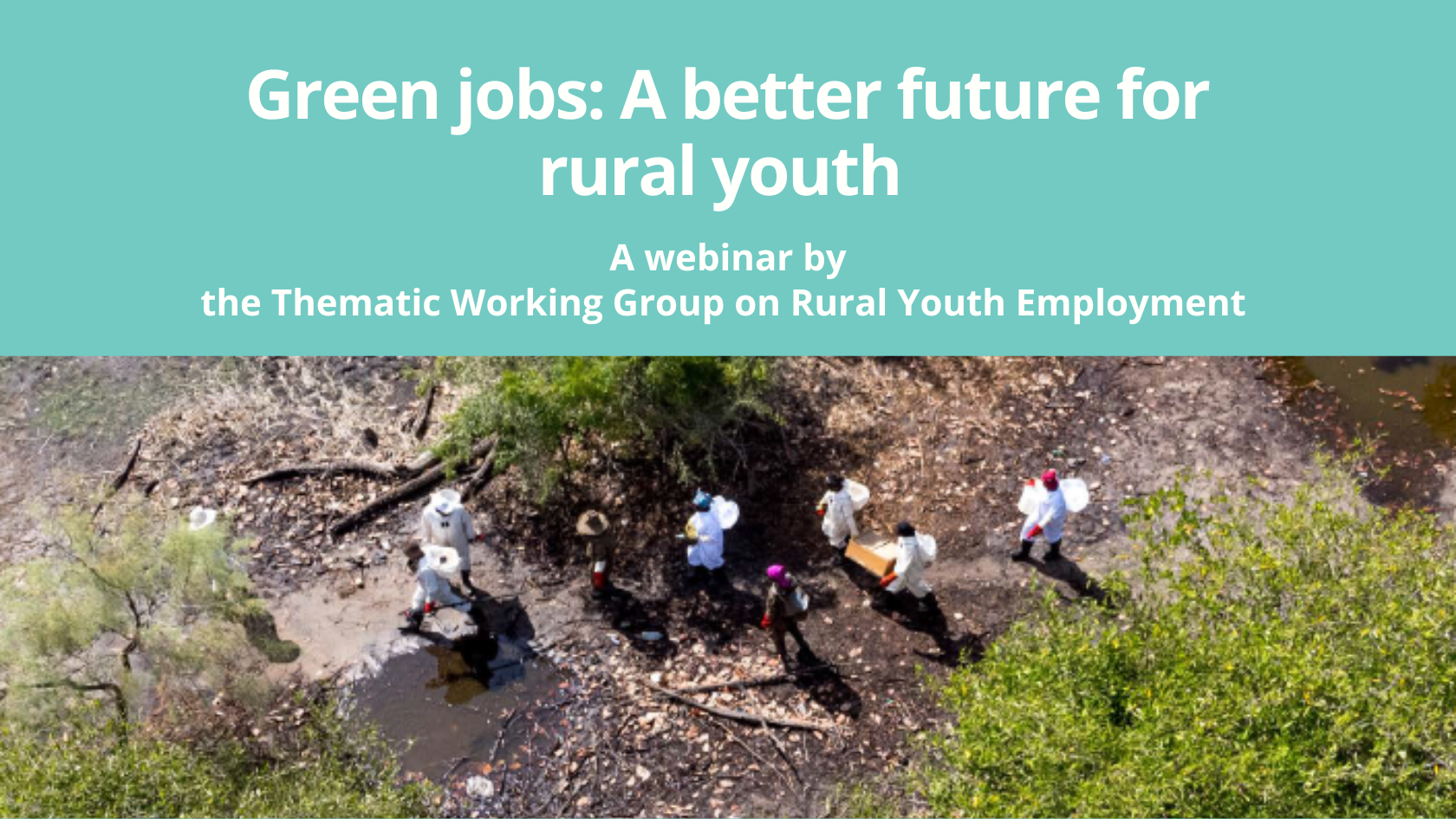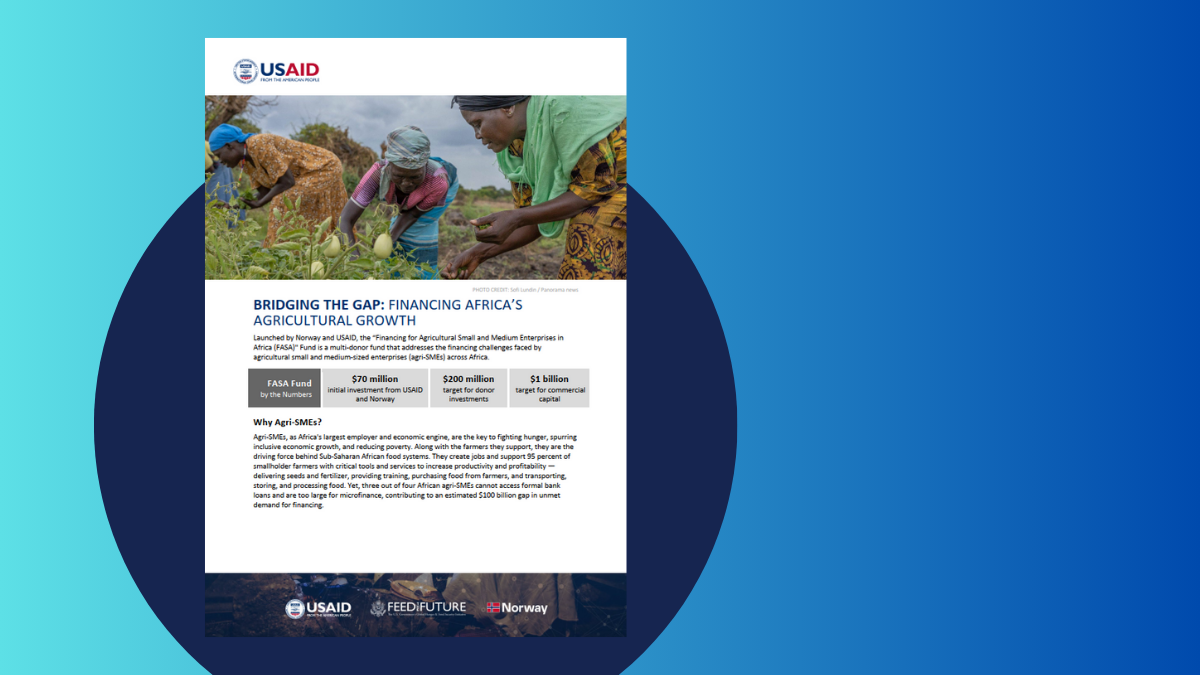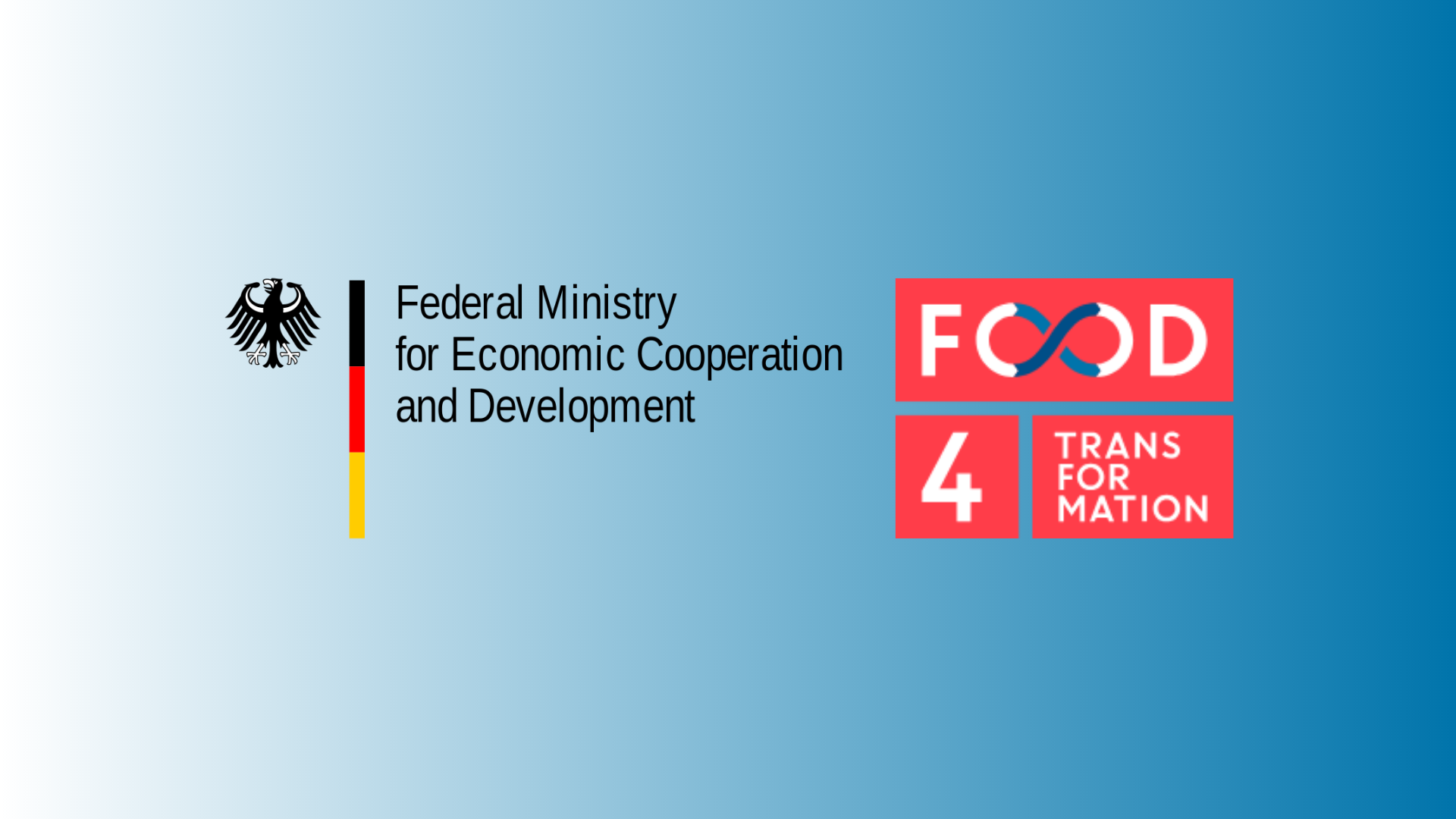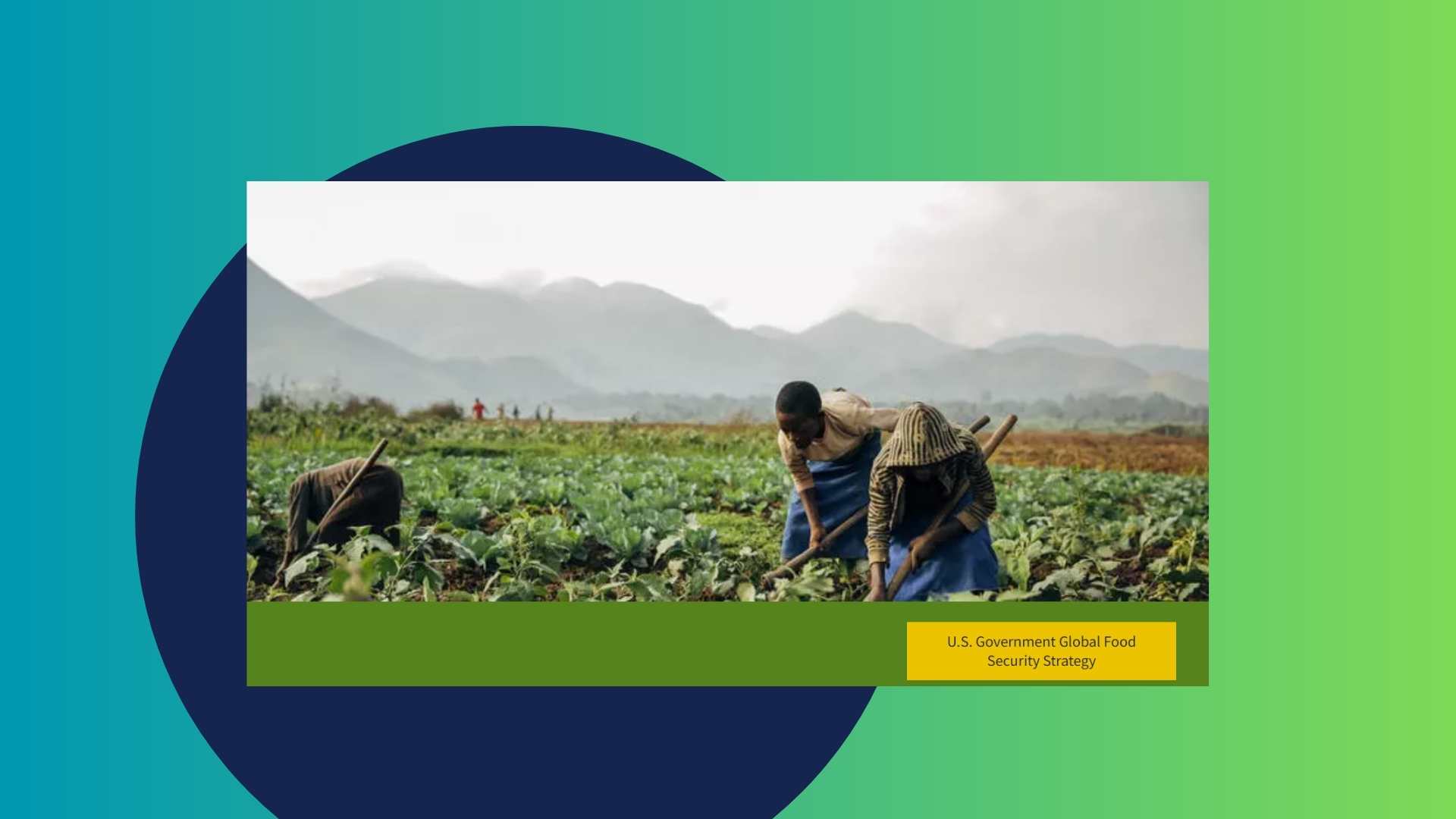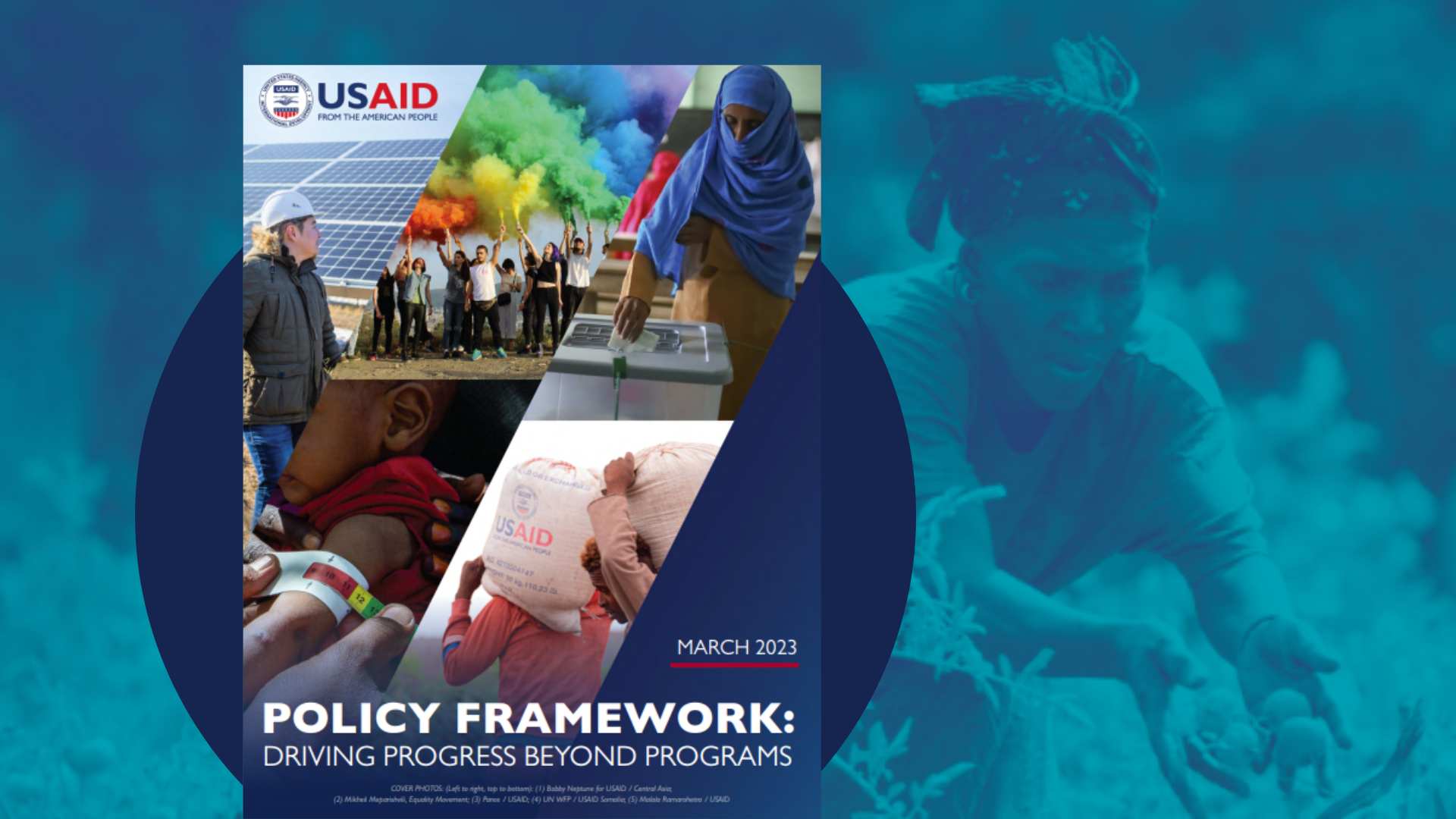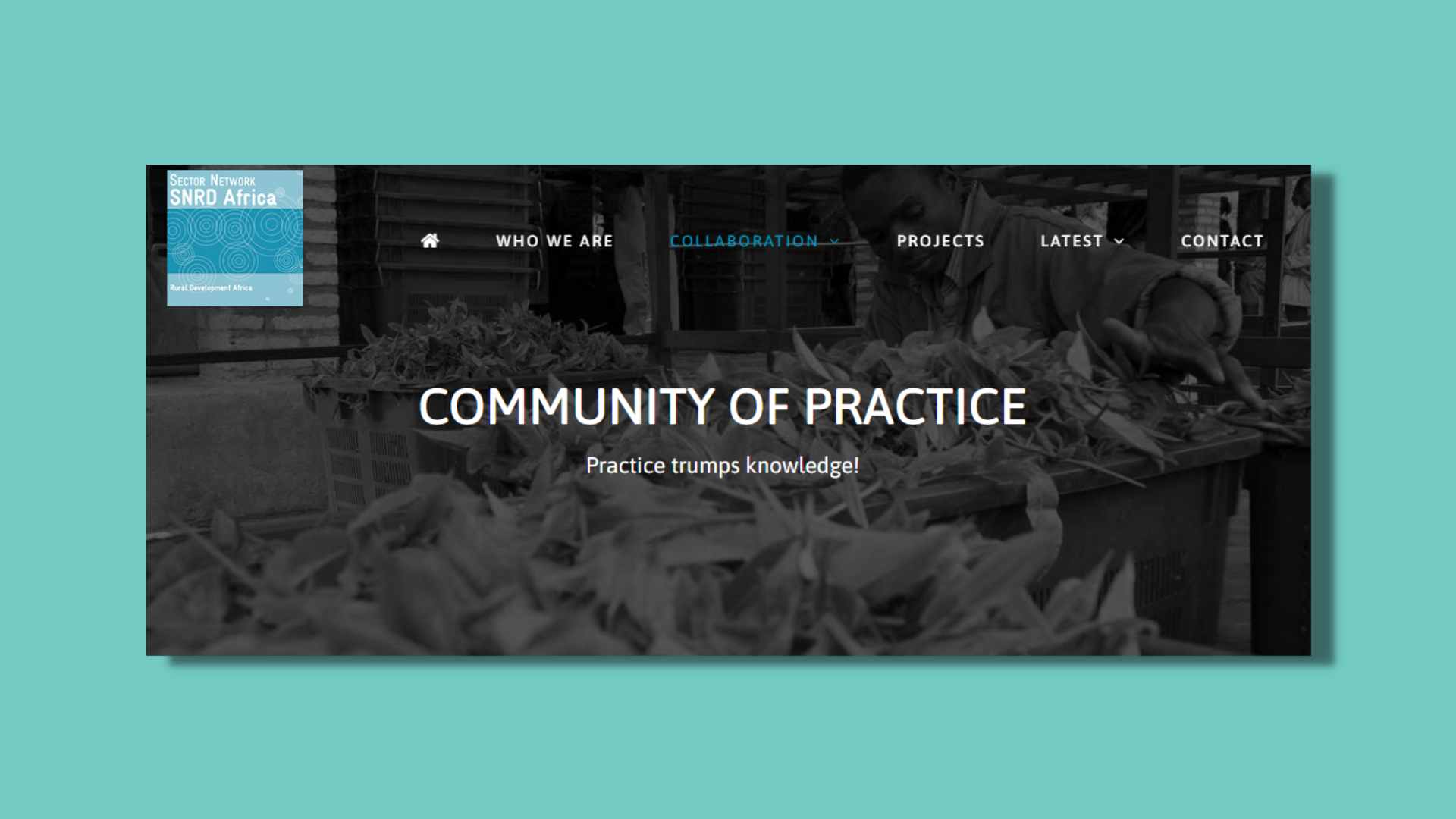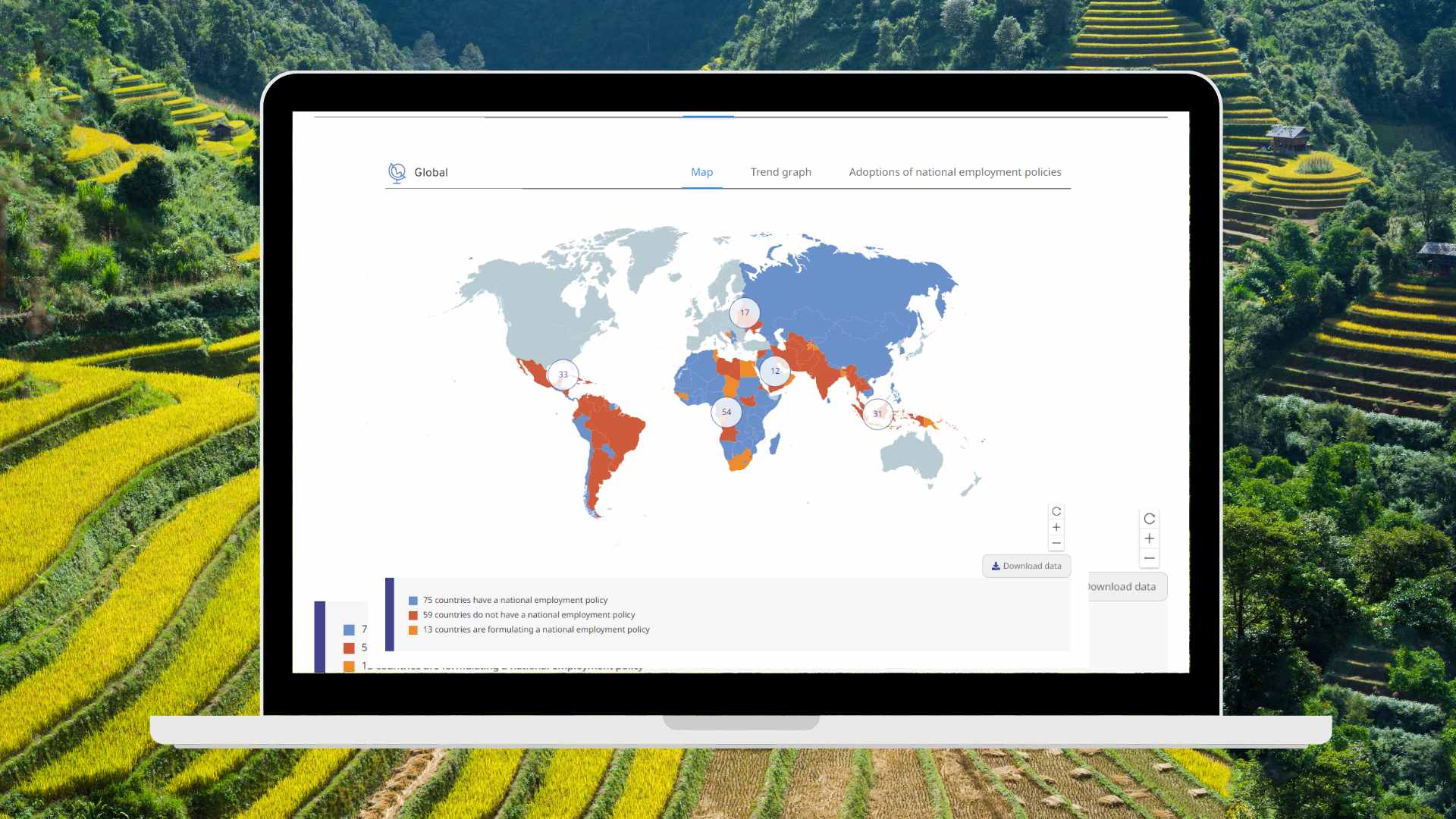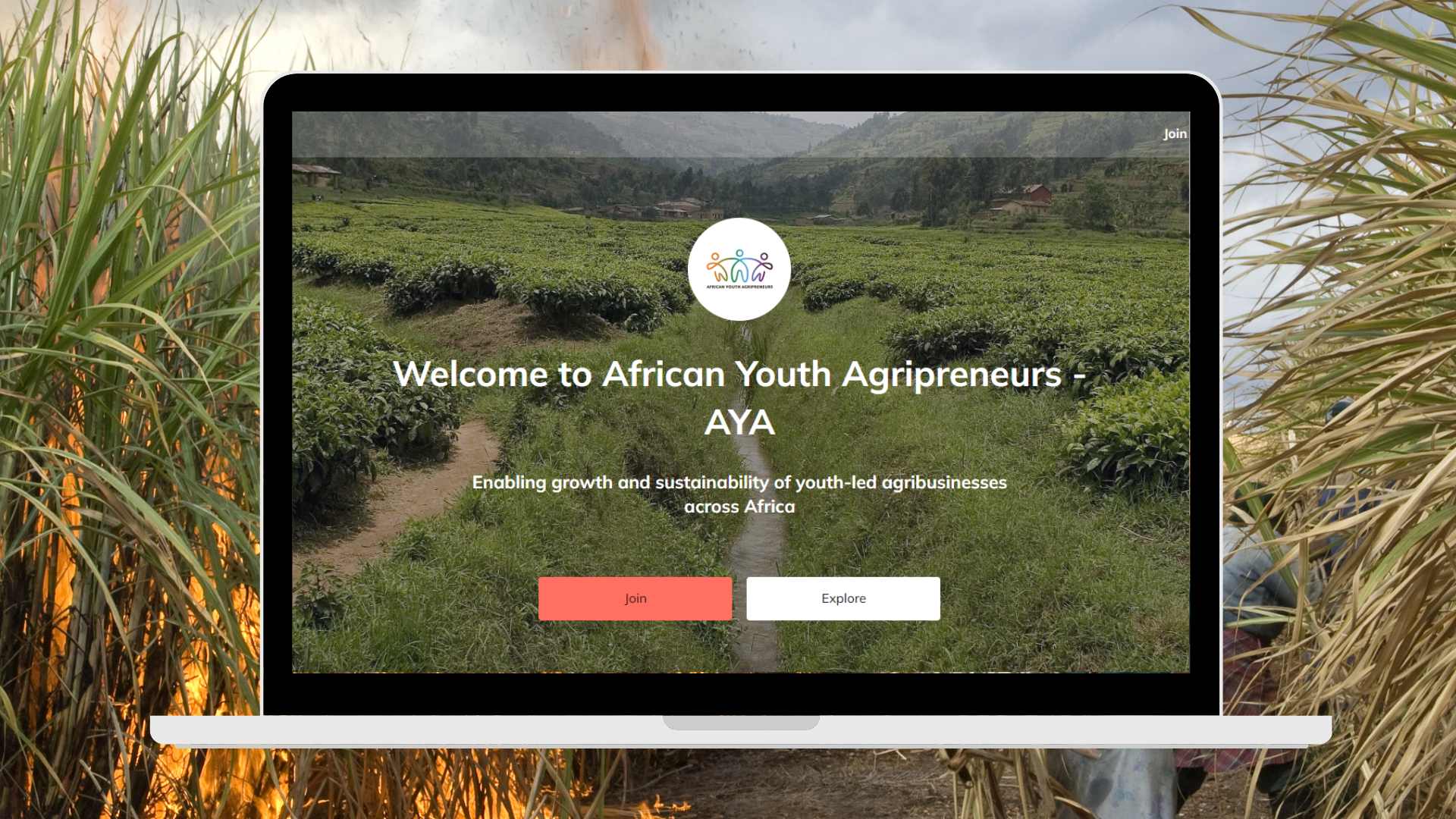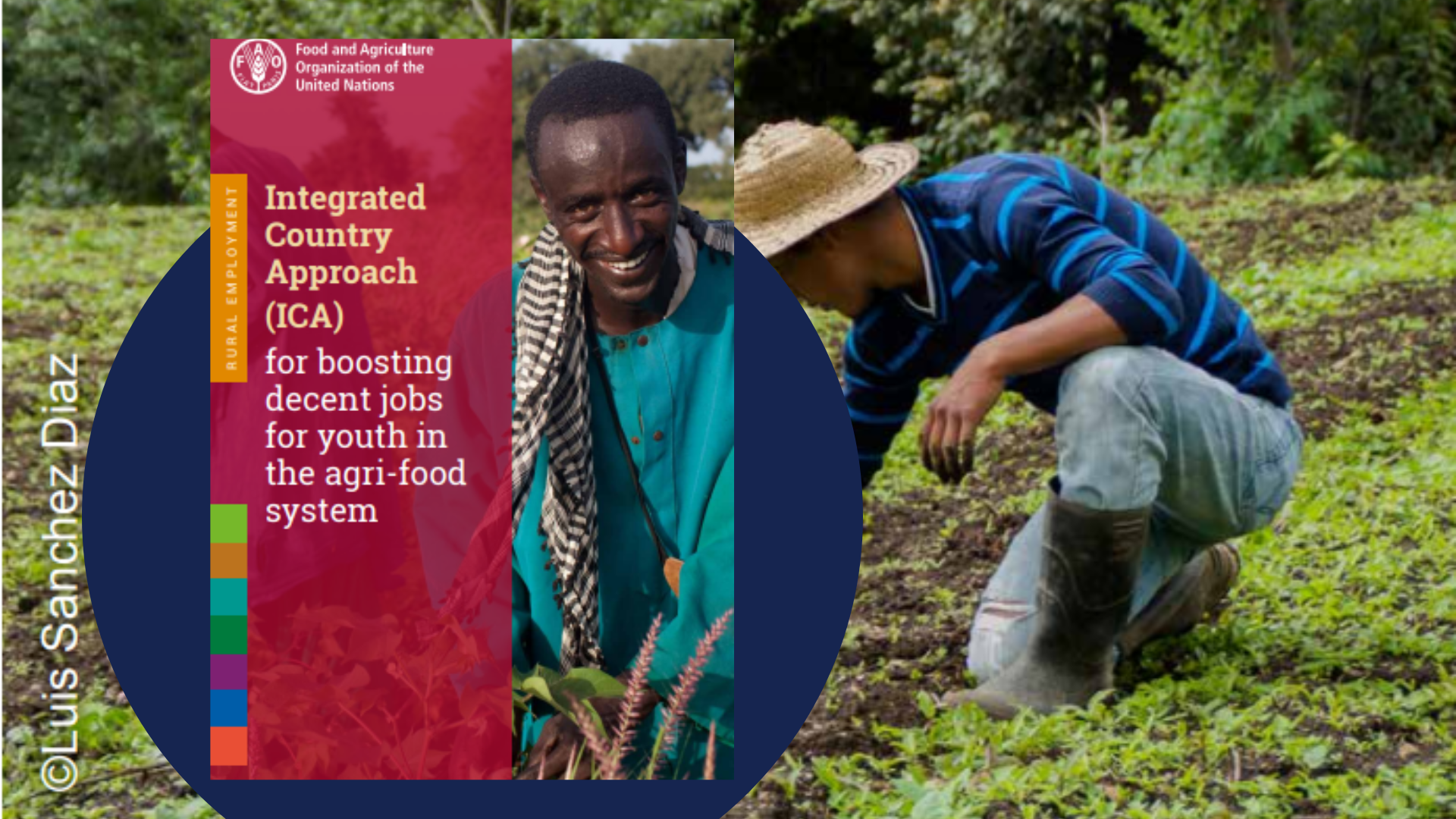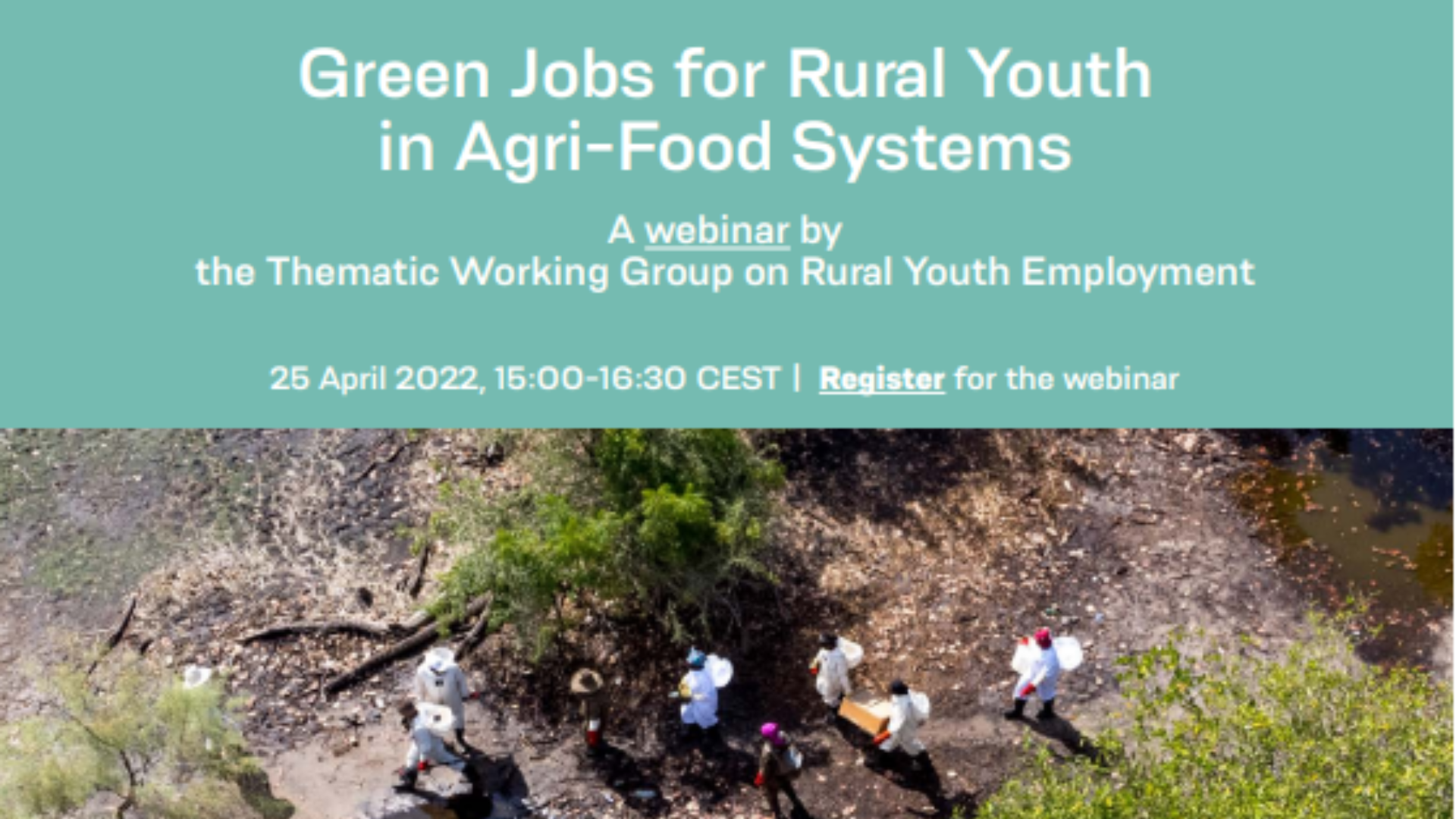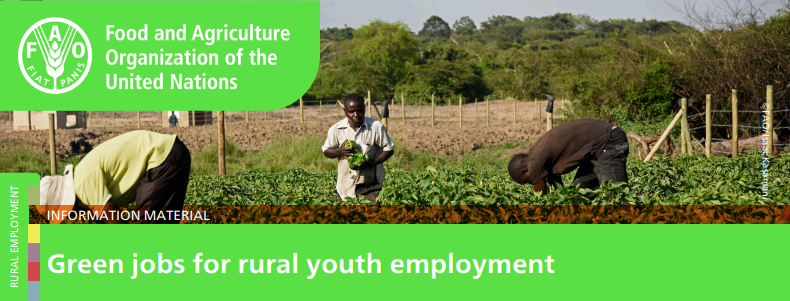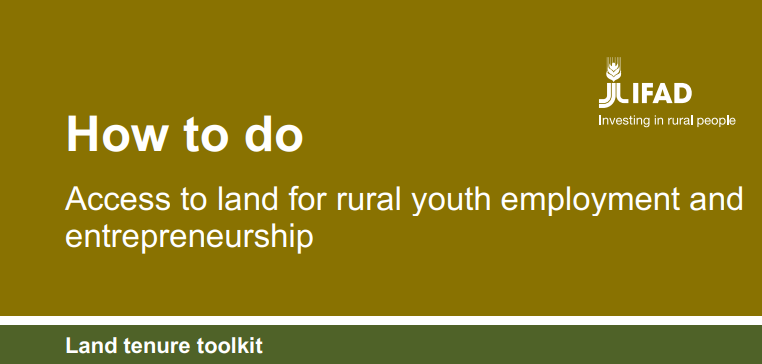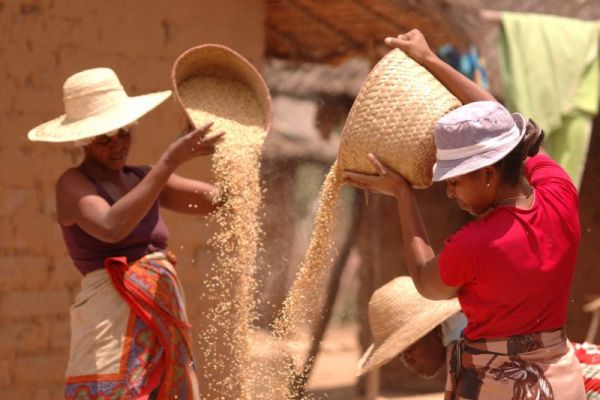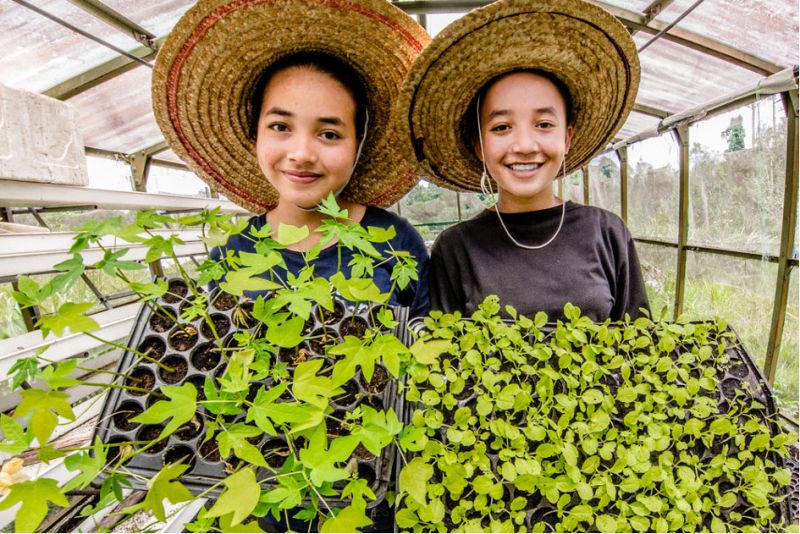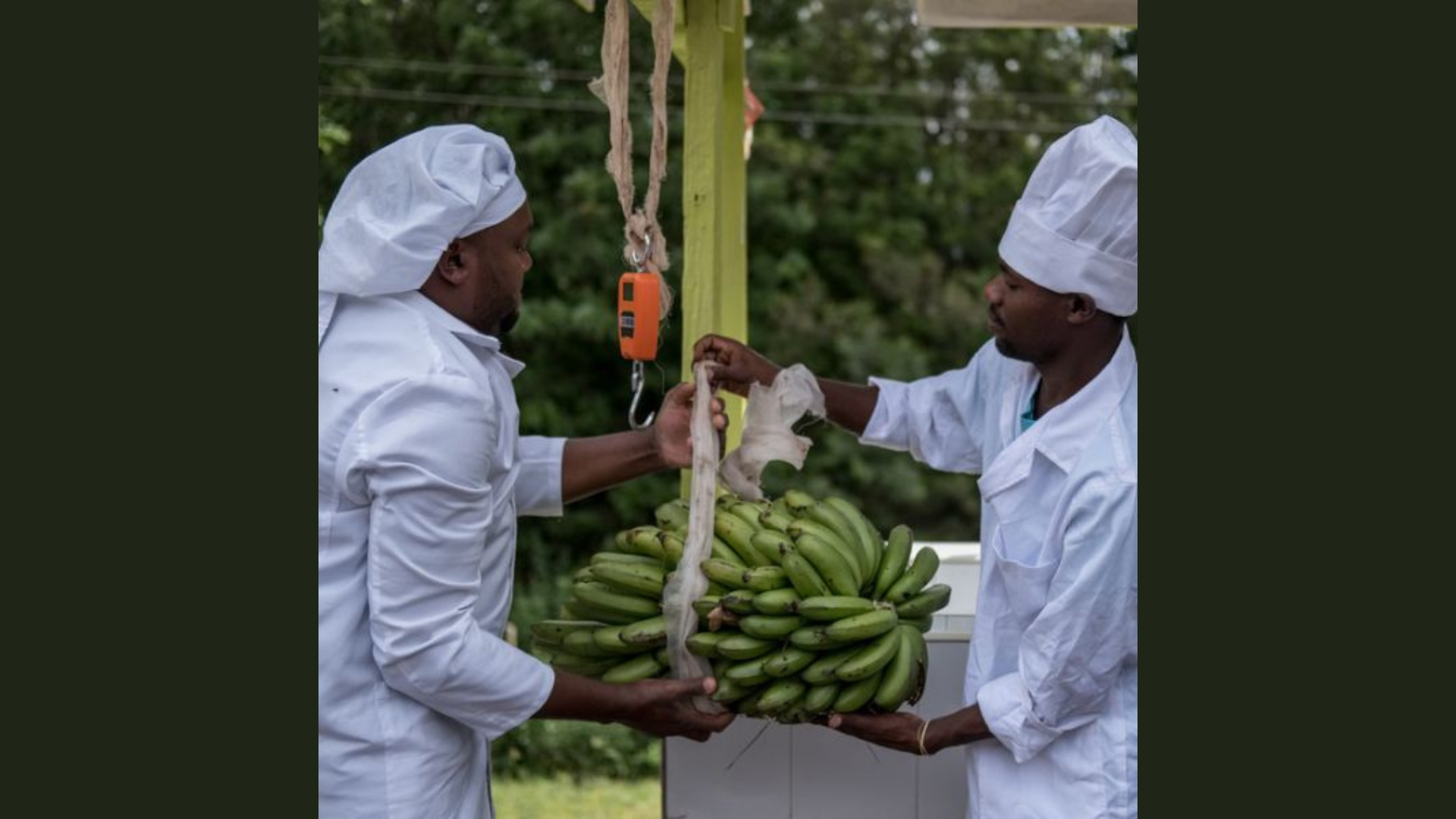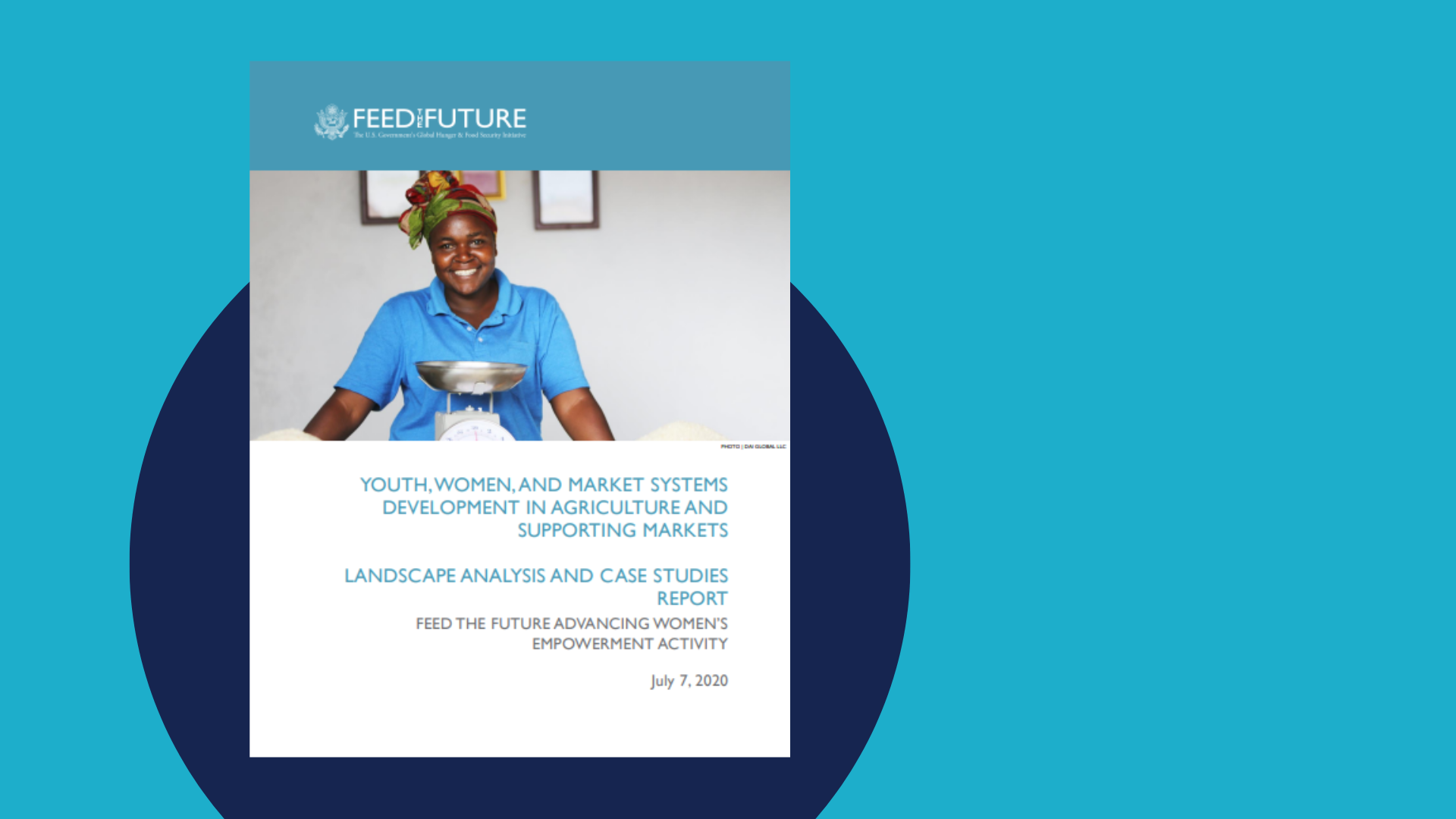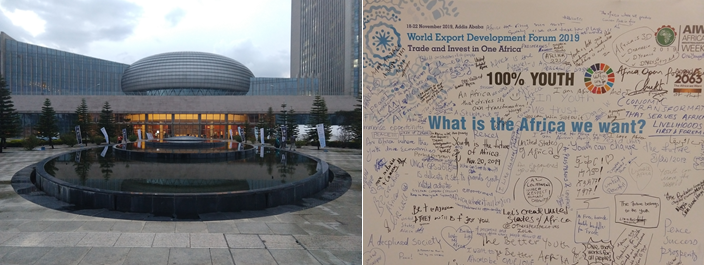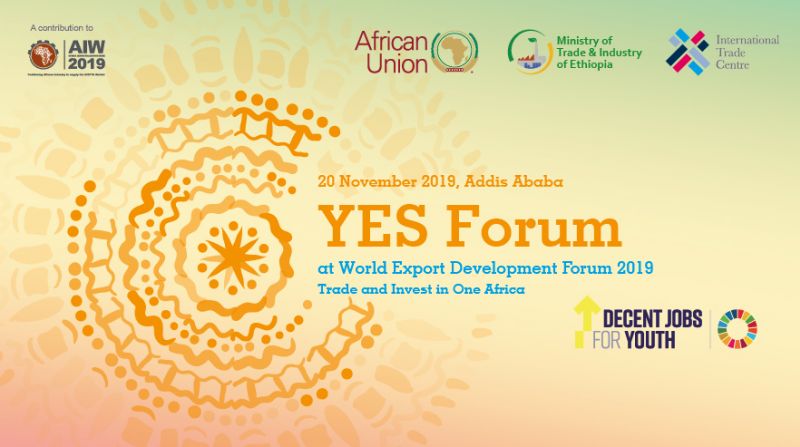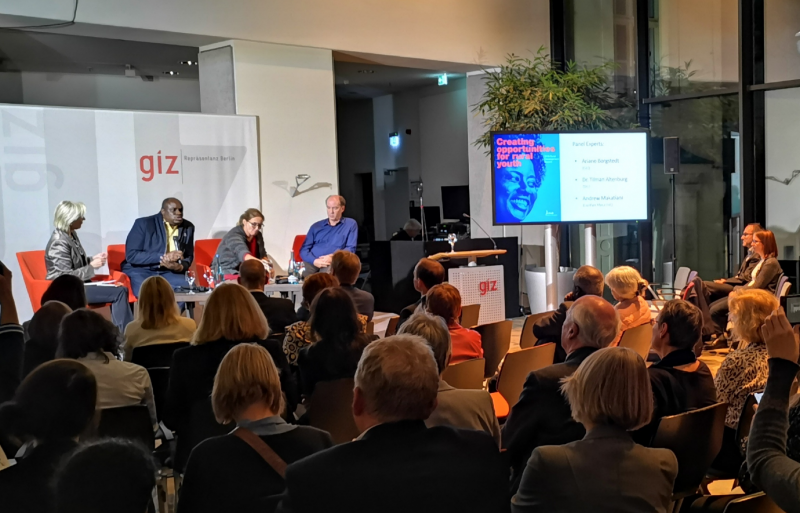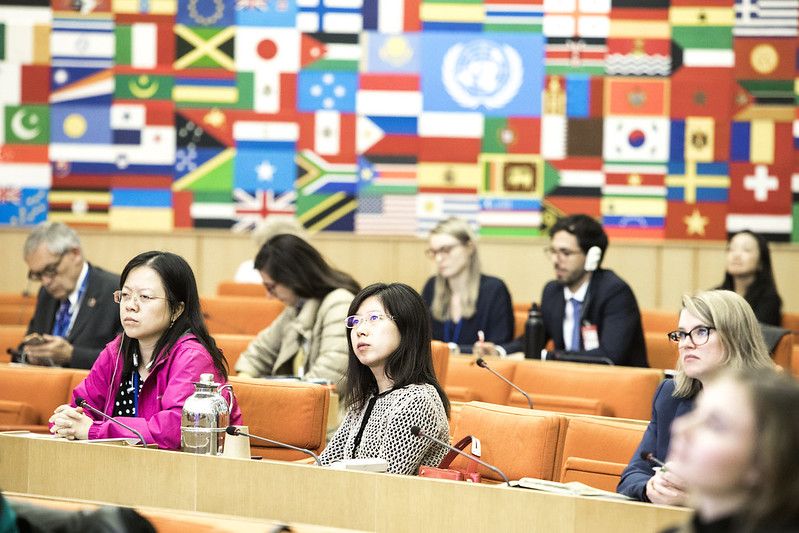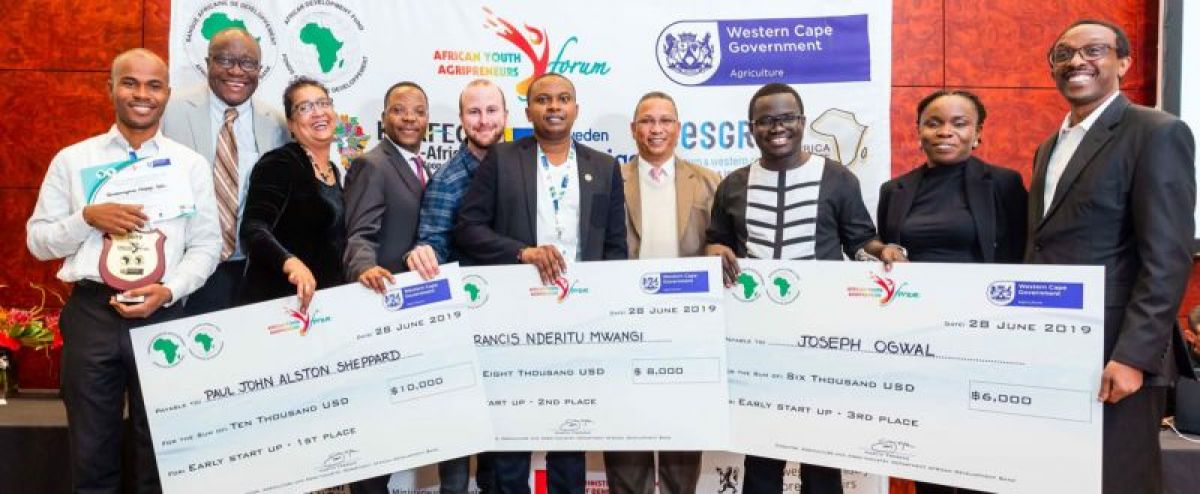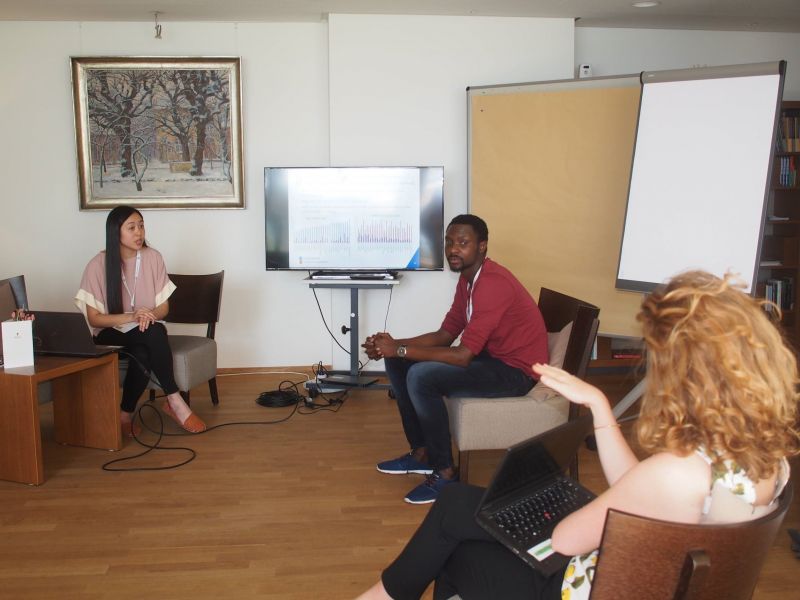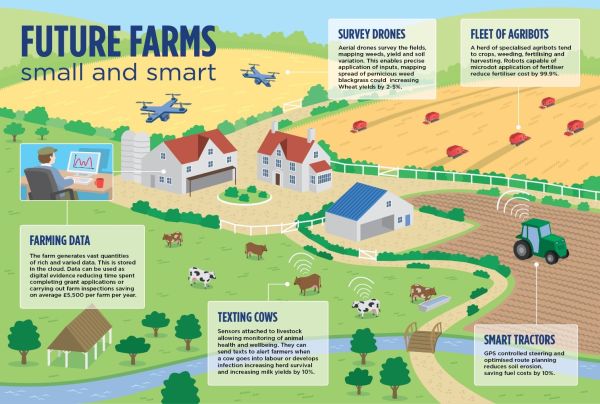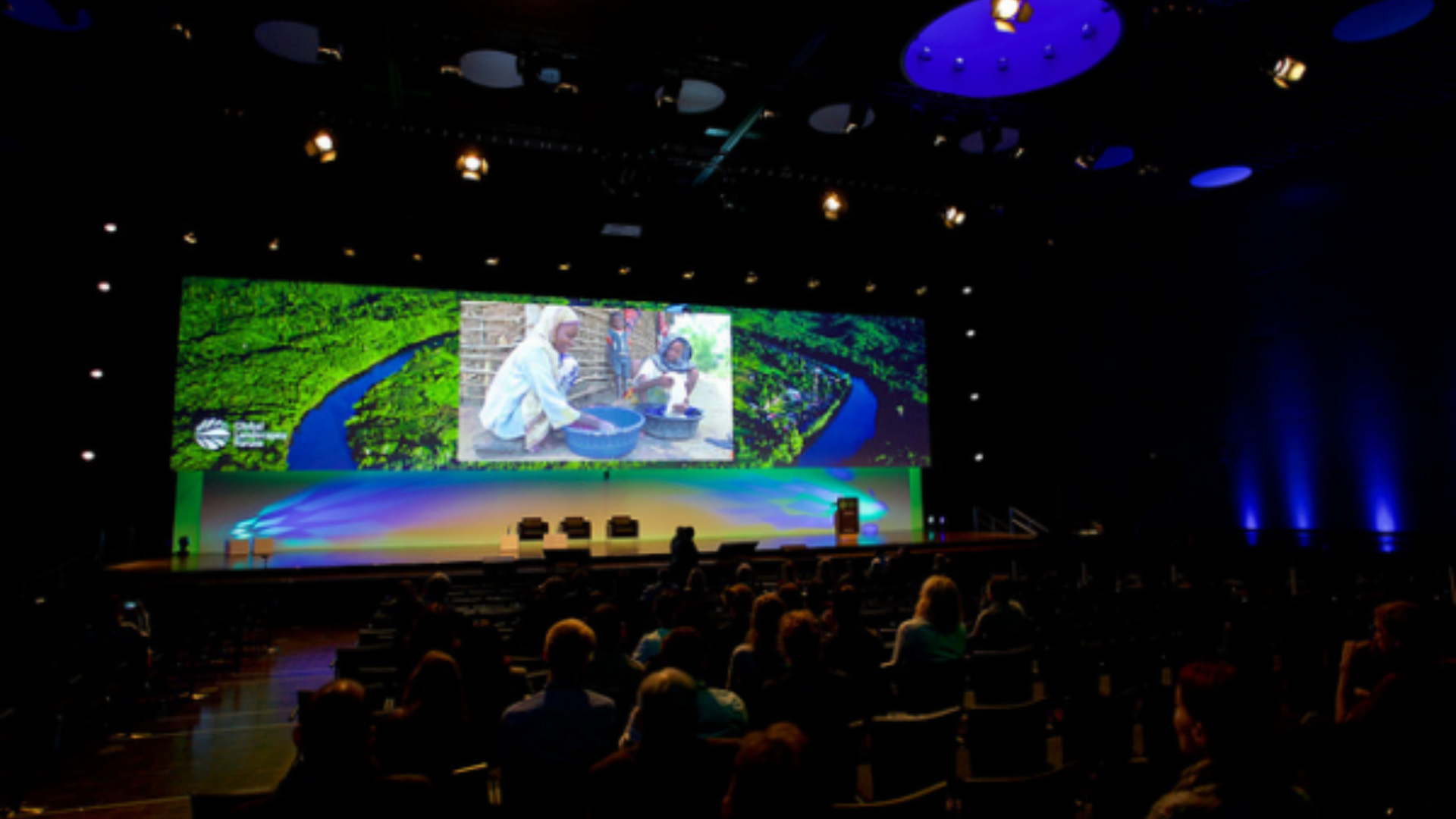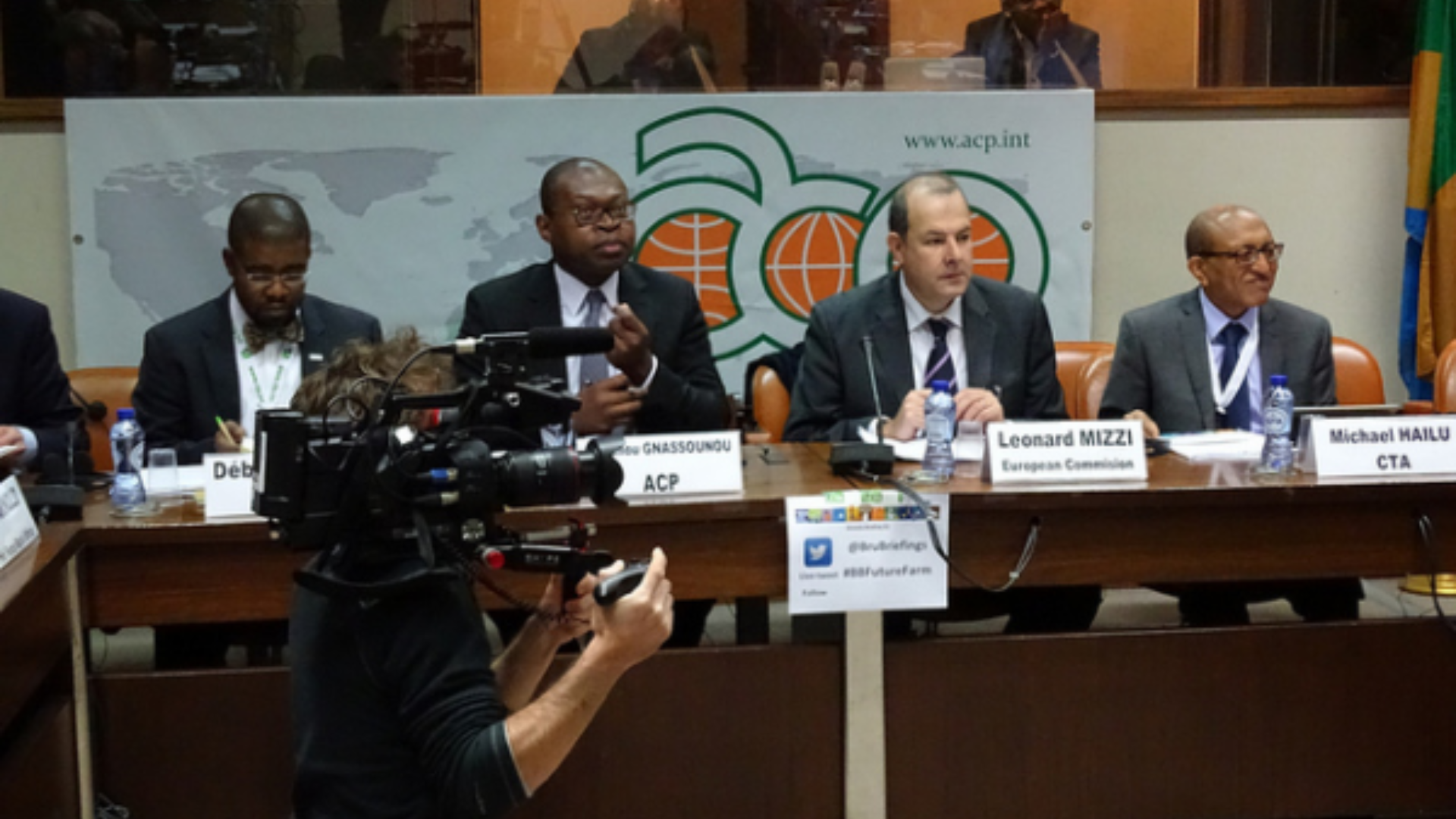Youth unemployment rates in Egypt, Morocco and Tunisia are among the highest in the world, especially for young women. The coming decades will continue to bring a massive influx of youth into labour markets, demanding good quality jobs.
A webinar on “Agro-food Jobs for Youth in Egypt, Morocco and Tunisia”, organized by the Thematic Working Group on Rural Youth Employment (TWG RYE), took place on 28 March 2024, bringing together TWG RYE members, experts, development practitioners and youth. The discussion focused on how the combination of a youthful population and rising demand for agri-food products, supported by skills development policies, could be the recipe for creating new, decent jobs in the agri-food sector.
Links
Recording
Mariya Aleksynska, Economist at the OECD Development Centre, presented key findings from the recent OECD study Agro-food Jobs for Youth in Egypt, Morocco and Tunisia, which is part of a larger project on COVID-19 Response and Recovery in the MENA region. With youth comprising up to 50% of the population in this region, the study highlights the pandemic’s impact on vulnerable groups, and emphasizes the need to prioritize youth in development efforts to prevent socio-economic instability. Mariya stressed that the potential for domestic value addition remains largely unexplored in the MENA region, and current bottlenecks for development include fragmentation, missing segments and sub-segments of the chain, limited capacities of small and medium enterprises (SMEs), inconsistent quality of domestic inputs, and shortage of qualified labour with specific technical and managerial skills. She concluded by noting the need for youth skills development, strategic public and private planning, investment, orientation and policy coordination to capture the social and economic potential of the sector.
Chiara Curcio, Technical Officer in Youth Employment Promotion at the International Labour Organization (ILO), outlined the importance of promoting decent jobs, particularly in rural areas with low social protection coverage. Chiara presented the ILO-IFAD ProAgro YOUTH project, which seeks to increase decent employment for rural youth through integrated agribusiness hubs that provide youth with a broad set of skills, promote wage employment opportunities beyond agricultural production, and link young people to post-training services. The project aims to grow the rural economy, by providing demand-driven skills, improving the productivity of small and medium-sized businesses, linking young people to jobs and prioritizing private sector partnerships. Chiara also stressed the importance of youth involvement in policy development and social dialogue to promote inclusive transformation, implement targeted interventions, and strengthen partnerships under the Global Initiative on Decent Jobs for Youth.
Federica De Gaetano, Food Security and Rural Development Expert at the Italian Agency for Development Cooperation (AICS), shared insights from projects in the MENA region focusing on sustainable food and energy production, food security, and youth engagement in agriculture. She highlighted the importance of promoting sustainable farming methods, in accordance with the cross-cutting themes of gender, youth, innovation, and resilience. Federica also emphasized the critical nature of projects addressing water resources in the MENA region, particularly in terms of crop choices that optimize both available sources and economic outcomes. Examples were given of specific projects in the region, such as one improving the Egyptian cotton value chain, and an agro-industrial chain programme, which is generating tomato-processing jobs for youth.
The keynote presentation by Mariya, followed by the concrete examples from Chiara and Federica, emphasized both the challenges and opportunities for advancing rural youth employment in the MENA region. There was an overarching importance on workers’ rights and social dialogue, ensuring that youth are part of just transition processes, so that agri-food opportunities are attractive and promote rural livelihoods.
The TWG RYE remains committed to raising awareness and sharing knowledge on effective ways to support and empower rural youth and enable their contributions to sustainable food value chains.


